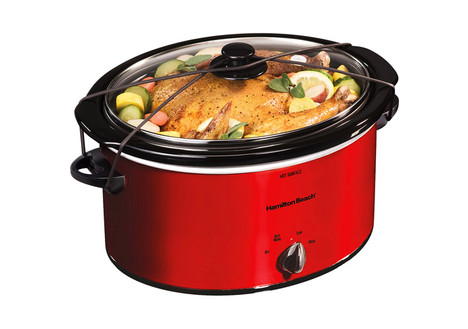
Welcome back to DealDash Blog’s Living Healthy series. Today’s blog is all about the tips and tricks to choosing the best produce items at the supermarket.

I don’t know how many times I have gone into the supermarket, and picked out some great looking produce, got it home, and it tastes…Not bad, but tastes like nothing, like cardboard. This was happening to me way too often, so I started doing a little research to figure out how to get the best produce at the supermarket that I was able to find.
Of course, the number one way to get the freshest and best tasting produce is to buy things when they are in season where you live. If you’re somewhere warm like California or Florida, you’re in luck! Not only are there some great things grown right in your own home state, the distance that other things have to travel up from Mexico or South America is considerably shorter than someone who lives in Maine or Montana.
Here are some quick and easy tips on picking great tasting produce at the supermarket even if the items are actually in season:
• Apples: Choose fruits that are deeply colored, firm, naturally shiny, and heavy for their size.
• Artichokes: Choose globes that have tight leaves and feel heavy for their size. The leaves should squeak when pressed against each other.
• Asparagus: Choose firm, smooth, and brightly-colored stalks with compact tips. Avoid limp stalks. Choose stalks of equal thickness to ensure even cooking times.
• Avocados: Choose avocados that feel slightly soft to the touch. Firmer avocados may be ripened at home, but avoid rock-hard ones. Also avoid avocados with cracks or dents.
• Bananas: Choose bright yellow bananas to eat right away or green bananas to ripen at home. Avoid fruits that are bruised or split.
• Blueberries: Choose berries that are firm, dry, and blue (not red or green). A white sheen is natural. Also check the bottom of the basket to make sure there aren’t any crushed or spoiled berries.
• Broccoli: Choose broccoli with firm stalks, tight florets, and crisp green leaves. Avoid yellowed or flowering florets.
• Celery: Choose firm, unblemished stalks. The stalks and leaves should be green, not yellow.
• Corn: Choose corn with bright green husks and moist but not slimy silk. Peel back the husk to ensure the kernels are plump and not dry.
• Cucumbers: Choose cucumbers that are uniformly green (not yellow).
• Grapefruits: Choose fruits that have smooth, thin skins and are heaviest for their size. They should feel firm but slightly springy to the touch. Don’t worry about color.
• Grapes: Choose fruits that are firm, plump, and heavy for their size. They should be firmly attached to the stems without wrinkled or brown spots.
• Lemons and Limes: Choose fruits that are fragrant and heaviest for their size. Avoid fruits that are shriveled.
• Lettuce, Spinach, and Other Leafy Greens: Choose greens with fresh, crisp leaves. Avoid any that are wilted or slimy.
• Mangoes: Choose fruits that are slightly soft to the touch and fragrant near the stem end.
• Onions and Shallots: Choose dry, firm bulbs that feel heavy for their size. Avoid any with soft spots or green sprouts.
• Oranges: Choose fruits that heaviest for their size and have firm, smooth skins. Don’t worry about color. For Mandarin oranges, make sure skins are firm, not shriveled.
• Peaches: Choose fragrant, deeply colored (not green) fruits that are firm but slightly soft to the touch.
• Pears: Pears are usually picked before they are fully ripe, but choose fruits that are free of bruises and look for any that are getting soft just below the stem.
• Peas: Choose crisp, green pods. Avoid bulging, dried, yellow, or white pods.
• Peppers: Choose firm, naturally shiny peppers that feel heavy for their size.
• Pomegranates: Choose fruits that are heavy for their size. Cracks are a good sign that the fruits are bursting with plump seeds; just make sure there isn’t any mold in the cracks.
• Potatoes: Choose firm, smooth potatoes. Avoid those with bruises, green spots, or sprouts.
• Strawberries: Choose berries that are fragrant, uniformly red (not yellow or green), and shiny with fresh green tops. Also check the bottom of the basket to make sure there aren’t any crushed or spoiled berries.
• Summer Squash: Choose squash with naturally shiny, taught, unblemished skin. Avoid squash that appear dull or have soft spots.
• Sweet Potatoes and Yams: Choose potatoes with firm, unwrinkled skins and no bruises or cuts, as they are highly perishable.
• Tomatoes: Choose tomatoes that are fragrant, smell earthy at the stem end, and feel heavy for their size. Avoid tomatoes with wrinkled skins.
• Watermelons: Choose fruits that are firm and heavy and sound hollow when thumped. A properly ripened watermelon should have a yellow spot on one side where it sat on the ground
There we go! That’s the list! I personally made a copy of this list and keep it with my supermarket coupons so I know what I’m looking for when I am shopping for fruits and veggies.
.jpg)
Another way to be sure that you are getting great produce is to shop at the farmer’s market. The only downfall there is that you will probably only be able to find things that are in season. In my area, there is a farmer’s market going on in my town and every small town around me. When you go to the farmer’s market you are getting delicious fruits and veggies that are extremely fresh because they are grown locally. In addition to that, the prices are definitely better than any supermarket around, especially if there are multiple vendors selling the same fruits and veggies.
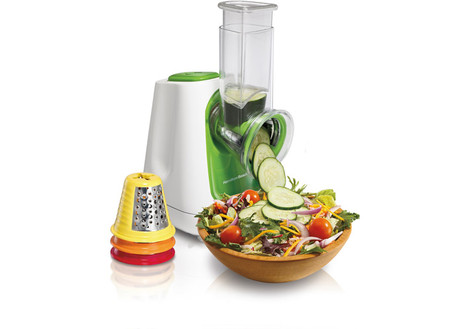
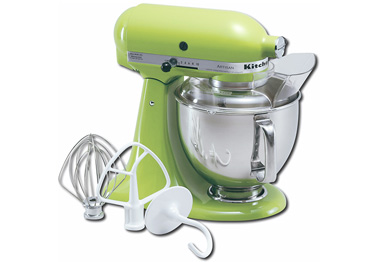
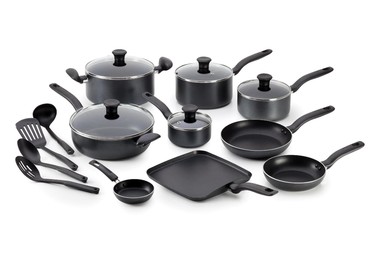
I hope this article has helped you learn how to pick the best produce! If you’re interested in getting some items to help you with cooking at home head on over to DealDash. DealDash has food processors, stand mixers, cookware, and plenty of other items that you can use. Check out the Kitchen & Appliances category and I’m sure that you’ll find something that you can use to make delicious things from your fresh produce. Good luck and happy bidding everyone!






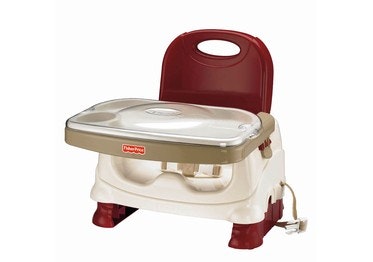
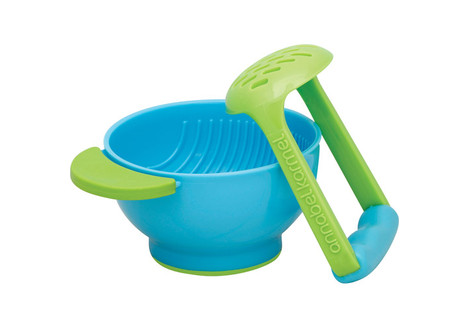


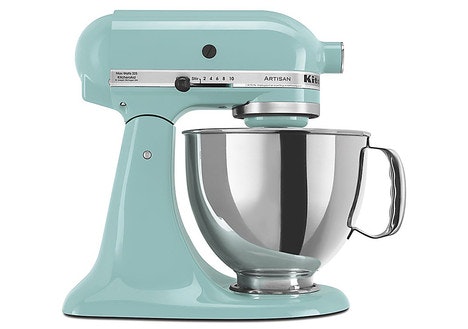







.jpg)

